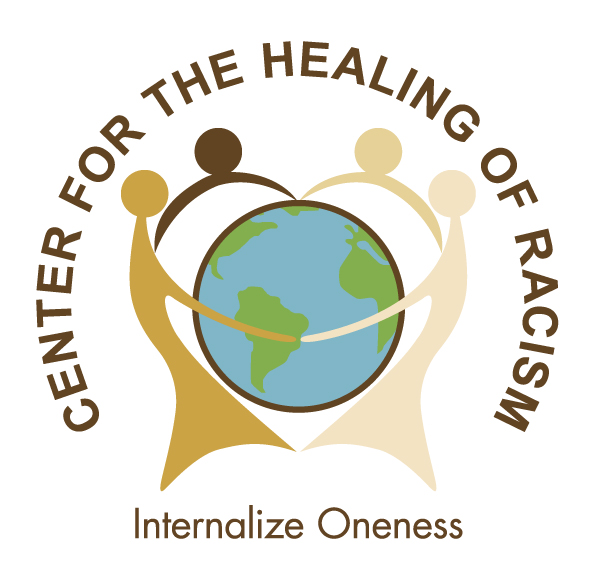A Class Apart – film screening – Hispanic Heritage Month
A Class Apart – film screening – Hispanic Heritage Month
Info

Please join us as we celebrate Hispanic Heritage Month to recognize the achievements and contributions of Hispanic American champions who have inspired others to achieve success with an IN PERSON screening of A Class Apart.

In 1951 in the town of Edna, Texas, a field hand named Pedro Hernández murdered his employer after exchanging words at a gritty cantina. From this seemingly unremarkable small-town murder emerged a landmark civil rights case that would forever change the lives and legal standing of tens of millions of Americans. A team of unknown Mexican American lawyers took the case, Hernandez v. Texas, all the way to the Supreme Court, where they successfully challenged Jim Crow-style discrimination against Mexican Americans.
In the first 100 years after gaining U.S. citizenship, many Mexican Americans in Texas lost their land to unfamiliar American laws, or to swindlers. With the loss of their land came a loss of status, and within just two generations, many wealthy ranch owners had become farm workers. After the Civil War, increasing numbers of Southern whites moved to south Texas, bringing with them the rigid, racial social code of the Deep South, which they began to apply not just to blacks, but to Mexican Americans as well.
Latino lawyers and activists were making progress at state levels, but they knew that real change could only be achieved if Mexican Americans were recognized by the 14th Amendment of the U.S. Constitution — something that could only be accomplished by bringing a case to the Supreme Court.
In his law office in San Antonio, attorney Gus García listened to the desperate pleas of Pedro Hernández’s mother. García quickly realized that at stake was not Hernández’s guilt, but whether he could receive a fair trial with an all-Anglo jury. He assembled a team of attorneys who argued on behalf of Hernández from his first trial at the Jackson County Courthouse in Texas all the way to Washington, DC. It would be the first time a Mexican American appeared before the Supreme Court.
The Hernandez lawyers decided on a daring but risky legal strategy, arguing that Mexican Americans were “a class apart” and did not neatly fit into a legal structure that recognized only black and white Americans. They could win national recognition for the equality of Mexican Americans, but if they lost, they would establish at a national level the proposition that Mexican Americans could be treated as second class citizens.
The Hernandez case struck a chord with Latinos across the country. When funds to try the case ran out, the Mexican American community donated to the cause in any way they could, despite limited resources.
On January 11, 1954, García and Cadena faced the nine justices of the U.S. Supreme Court. The decision four months later…no spoilers here!
The film screening is free and open to the public with donations encouraged. To donate click here.
Parking is available in HCC Lot 9 on Holman and Crawford.
To reserve your spot, please register below no later than October 10.


